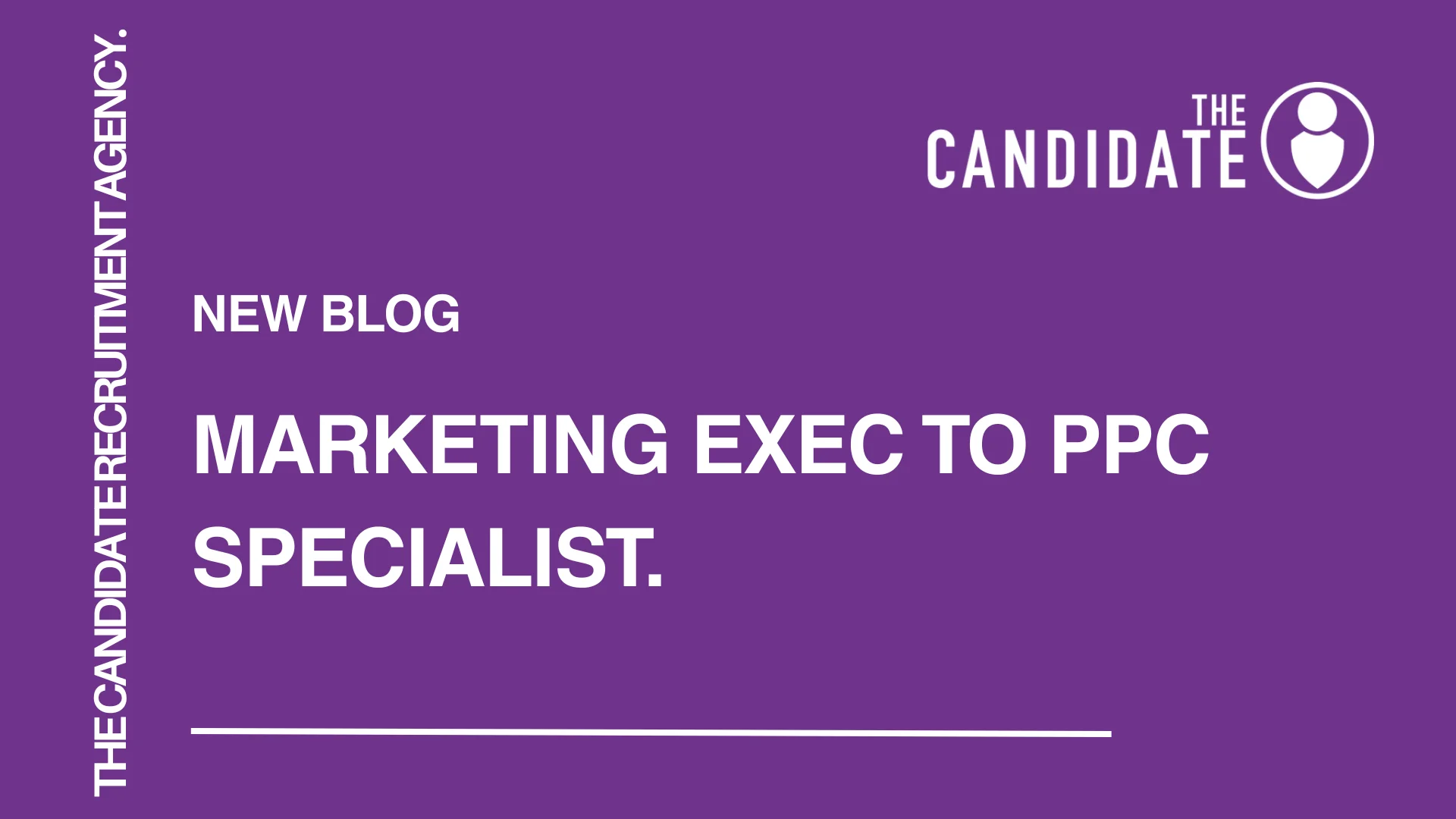The roles and responsibilities of a Social Media Executive may differ depending on the size of the business. However, social media is here to stay and if used correctly it is a vital part of any marketing team in helping the business grow and develop.
When people ask what Social Media Executives actually do in their jobs, the response is usually ‘I post on Facebook’ then their response is usually confused and a little impressed. In their heads, they’re probably thinking about how ‘easy’ the job is and that anyone could do it. But in fact, social media marketing is an art. You must fully understand the businesses audience; you have to know what times/ dates are good to post and even whether or not to use emoji’s or attach a video to help get a better response or engagement. You also have to be in the know about everything that's trending or any current news stories which could have an effect on your post/brand.
Here is a breakdown of the different responsibilities which may fall under the remit of a Social Media Executive;
Posting & Scheduling:
Clearly, the most important responsibility of a Social Media Executive is to post on all social media platforms - scheduling will be a godsend for many reasons! A Social Media Executive may only work 9 to 5, Monday to Friday but obviously social media never stops. Scheduling means you can be seen as being online when your fans are. If you are posting at peak times, when your customers are online, they are more likely to see your posts and become a customer to that product or service.
E.g. If students are your target audience you wouldn’t post at 7 am because chances are, they won’t be awake.
If you fully understand the customer, you’ll get the maximum engagement possible and will be successful in the job.
Scheduling posts also helps with the workload and means you know you have peace of mind that regular content is going out all the time - making sure those fans are kept engaged and don’t become disengaged fans. You have to be reactive to other things going on in the world so by having content scheduled it means you can focus on other aspects of the job.
Community Management:
Managing the community is crucial. This involves monitoring social media platforms for customer feedback, questions, and conversations. This includes the good times and the bad! How you deal with the negative can say as much about your brand as the positive, remember your community sees it all! Effective community management helps maintain positive customer relations and builds community engagement.
Content Strategy Development: Social Media Executives often play a key role in planning and executing a content strategy. This includes identifying key content pillars, developing a content calendar, and planning campaigns that engage different segments of the audience at optimal times.
Brand Voice and Consistency: Ensuring that all content reflects the brand's voice and message consistently across all platforms. This should be part of your businesses overall marketing and business strategy and helps in building a recognisable brand identity.
Crisis Management: Handling social media crises by monitoring reactions and responding quickly to mitigate any negative impacts. Social Media is the first port of call for many when there is bad press and tragedies, dealing with these professionally and sensitively can include drafting statements in response to public issues or internal problems that gain public attention.
Collaboration with Other Departments: Working closely with other departments like sales, customer service, and product development to ensure that social media strategies to ensure you are all singing to the same hymn sheet! Sometimes you have to shout extra loud to be heard, it can take other departments a lot of influencing to see how social media impacts their top line!
Influencer Partnerships: We live in a world of influencers from tired Mums through to grandmas on Tik Tok. As a social media executive, it is your job to identify and collaborate with influencers to expand brand reach. This involves negotiating partnerships and managing collaborative content and depending on budgets you might have to get creative!
Paid Social Advertising:
It is likely that your company with benefit from Paid Social Advertising if you have a strong social media presence. Overseeing or directly managing paid social media advertising campaigns, including budget allocation, target audience segmentation, and performance analysis to ensure the best return on investment is essential.
Training and Development: This is never ending, staying informed about the latest social media trends, tools, and best practices is a full-time job of its own. You must love it, there is no other way, or you simply cannot compete. You also must invest time in potentially training other team members or departments on effective social media techniques to build the capabilities of those around you!
Legal Compliance: Ensuring that all social media activities comply with the relevant laws and regulations, including copyright laws, data protection acts, and advertising standards. This one cannot be overlooked, especially in financial and government organisations. Know your laws, don’t find out the hard way!
Analytics
The size of the business or marketing team will determine whether or not you do your own analytics, but make sure you don’t overlook them and understand what all the data means - as they are vital to being successful.
You’ll need to understand Google Analytics and be open to how the data can change what you post. An experienced Social Media Executive will be proficient with Google Analytics, and over time in the role, they will understand what is the norm for your company in order to help grow your channels and business. Make sure to use the analytics within the social platforms too, it isn’t always about traffic to the website - reporting on growth in followers, reach, interactions etc is equally as important.
Your figures are your bread and butter, reporting on social media performance metrics and insights, and using this data to refine strategies. This includes detailed analysis on engagement rates, growth metrics, and campaign performance and any business that invests in social media will monitor this closely for results.
So, if you want to recruit a top-quality Social Media Executive into your business, ensure that your candidate is in-the-know with the fundamentals of the role such as developing engaging content, posting and scheduling, target audiences and analytics to ensure that your business is getting the maximum potential out of your social media platforms.
If you're looking to bring in an incredible Social Media employee into your team, get in touch with our team:
Call 0161 833 1044
Email info@thecandidate.co.uk




